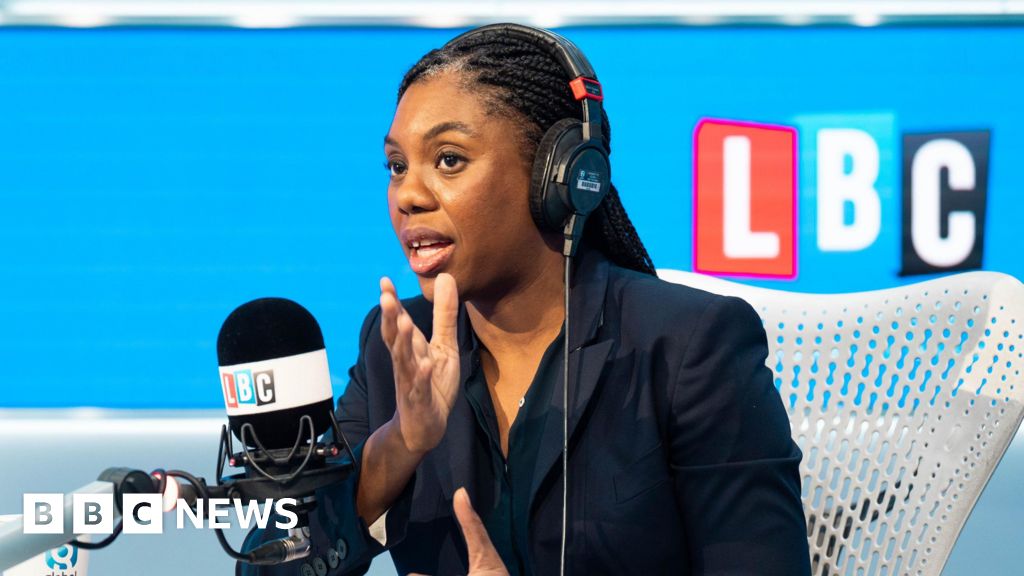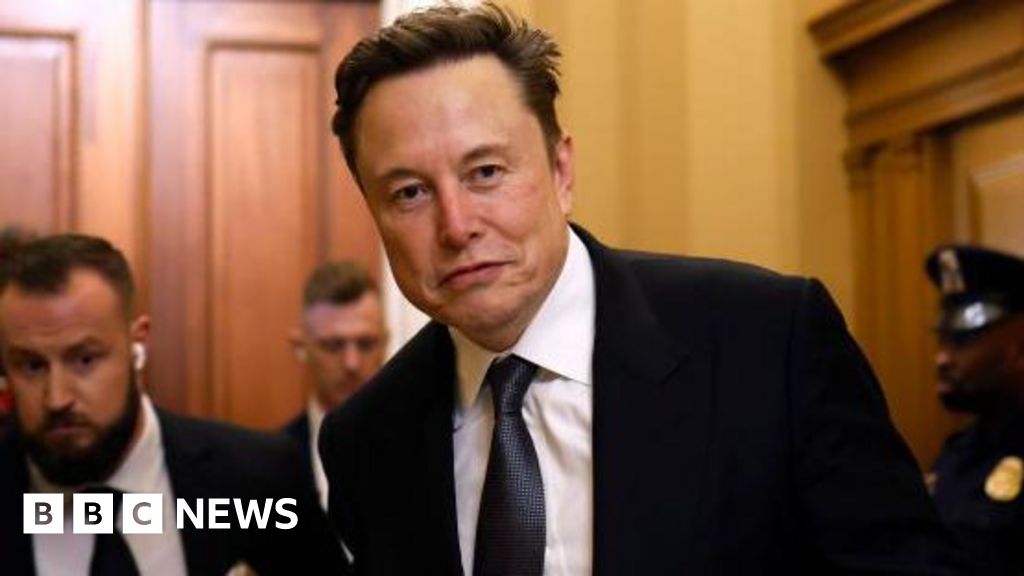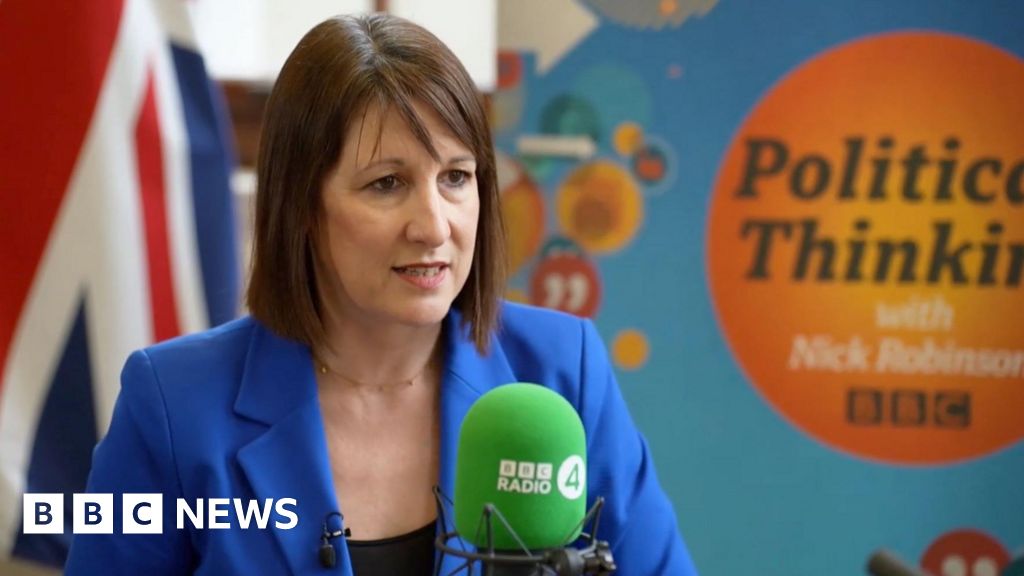ARTICLE AD BOX
Image source, Getty Images
Image caption,Cabinet minister Michael Gove and Irish Prime Minister Micheál Martin previously met at the British-Irish Council in June.
The UK is "confident" progress can be made in talks with the EU over the Northern Ireland border without the need to trigger Article 16, Michael Gove has told the BBC.
Mr Gove welcomed the European Commission's "constructive approach".
The Northern Ireland Protocol in the Brexit deal aims to avoid border checks on the island of Ireland.
It keeps Northern Ireland in the EU's single market for goods and allows free-flowing trade with the EU.
Speaking in his role as Intergovernmental Minister at the British-Irish Council summit in Cardiff, Mr Gove added: "Lord Frost has signalled that while, of course, it's always possible that Article 16 may require to be invoked, we're confident that we'll be able to make progress without it."
The article allows either side to suspend any part of the Brexit withdrawal agreement that causes "economic, societal or environmental difficulties".
If the UK did trigger Article 16, the EU could respond by imposing tariffs on trade between the two sides.
Mr Gove said the protocol had meant disruption to trade, and inconvenience for people in Northern Ireland, but said he believed the European Commission was taking a "constructive approach".
Pressed on whether the UK government could guarantee it would not invoke Article 16, Mr Gove said there was a "determination" from all parties to "make progress".
He added: "There's a shared recognition that we do need to alter the operation of the protocol on the ground."
He said he hoped the UK would not need to trigger Article 16, but said ministers "reserve the right to do so if we believe that changes which are required on the ground in Northern Ireland have not been made".
Irish Prime Minister Micheál Martin said he detected "a genuine desire" from all sides to resolve problems relating to the protocol in the "best interests of people in Northern Ireland on the ground".
He added: "I believe both governments [UK and Irish] and all the administrations here share a common desire to get these issues resolved through negotiation."
It comes as the UK's Brexit Minister Lord Frost and the EU Commission Vice-President Maros Šefčovič are meeting in Brussels with the aim of resolving problems arising from the protocol.
Speaking before his meeting with Lord Frost, Mr Šefčovič warned the post-Brexit trade deal was "intrinsically linked" to settling the protocol, adding: "One cannot exist without the other".
He ruled out a renegotiation of the protocol, insisting solutions were available within its framework, which could "become reality if the UK plays its part".
Mr Šefčovič welcomed what he said was a "change in tone" from the UK during the negotiations, adding that he hoped "actions will follow the words".
Image source, EPA
Image caption,Ahead of the meeting, Lord Frost told reporters there were still "significant gaps" between the two sides
Arriving for the talks, Lord Frost told reporters he was "very much" looking forward to seeing if progress could be made, adding that his preference was for a "negotiated" way through the problem, but if not, Article 16 of the protocol remained on the table.
Lord Frost warned there were still "quite significant gaps" between the two sides but welcomed the Taoiseach's comment about the EU's "serious intent" to resolve the difficulties.
Meanwhile, in an interview with the BBC's political editor Laura Kuenssberg, the Irish PM said there was "serious intent" in the EU to solve issues over the Northern Ireland border, adding the "mood music" around EU-UK talks had improved in recent weeks.
What's the Irish PM's message to the UK?
The Northern Ireland Protocol in the Brexit deal aims to avoid implementing border checks on the island of Ireland.
It keeps Northern Ireland in the EU's single market for goods and allows free-flowing trade with the EU.
But the protocol also creates a trade border between Northern Ireland and Great Britain, meaning some goods such as meat and eggs are subject to checks when they enter Northern Ireland from Great Britain.
This has angered some Northern Irish politicians, including DUP leader Sir Jeffrey Donaldson who said the protocol was disrupting businesses and harming trade.
Mr Martin also admitted feeling "frustrated" that the issue had hindered the "full flowering" of the two sides' alliance.
And he warned the UK against acting unilaterally, saying it would "undermine" relationships.
Image source, Reuters
Image caption,Loyalist demonstrators protesting against the Northern Ireland protocol in Belfast earlier this year
In his BBC interview, Mr Martin insisted there was "not an abundance of checks" on the border and that Northern Ireland benefitted from having access to both the European and UK markets.
However, he added that the EU "sincerely" wanted to engage with the problems, which he said could be "resolved with goodwill on all sides".
He acknowledged that "there have been periods during these talks when they've dragged on with very little happening" but added that "now there's a bit of engagement, of serious intent".
Mr Martin said the protocol was "never going to be perfect", adding: "It's important that we don't allow perfect [to] become the enemy of the good."
He also urged the prime minister to believe that Brussels' offer of compromise was genuine and urged him not to take too long to move towards a deal saying "don't leave it to Christmas Eve this year" - a reference to last year's Brexit deal which was agreed on 24 December.
Earlier this month, Ireland's Foreign Minister Simon Coveney warned that the whole post-Brexit deal between the UK and the EU could collapse over the Northern Ireland Protocol.
But, Mr Martin suggested the "mood music" had since changed.
"A number of weeks ago there was a different atmosphere governing the situation and there was all sorts of rumours and vibes... since then, that has calmed down somewhat," he said.
But he still warned the UK against acting "unilaterally", arguing it could "undermine" the two countries' relationship.
The full interview from BBC Newscast is available on BBC iPlayer and BBC Sounds.

 3 years ago
107
3 years ago
107








 English (US) ·
English (US) ·